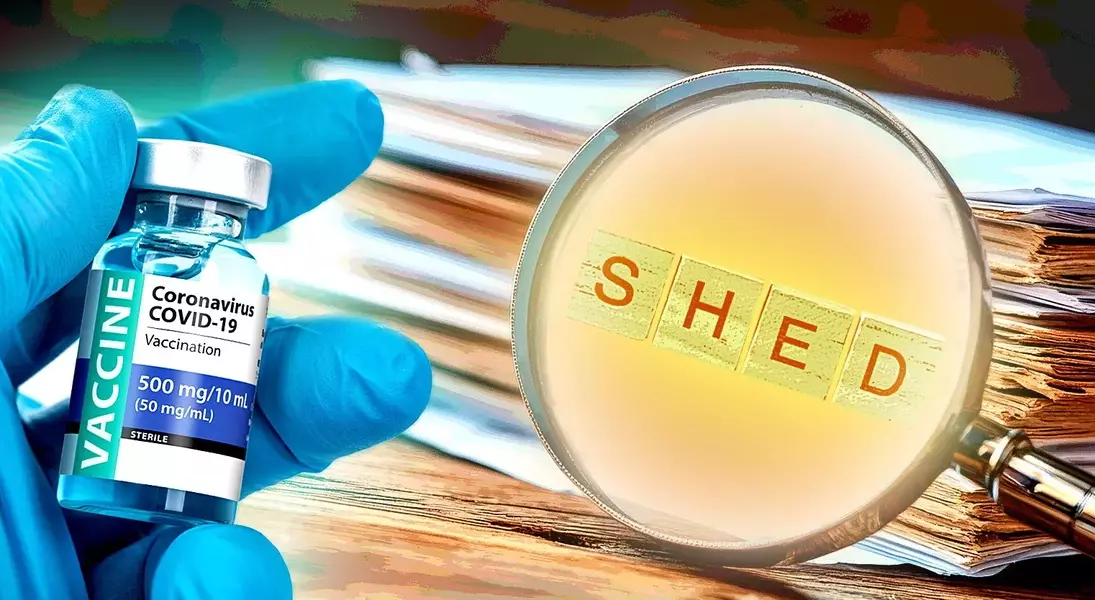
A recent peer-reviewed study published on December 7, 2024, in the International Journal of Vaccine Theory, Practice, and Research has uncovered a significant correlation between menstrual abnormalities and proximity to individuals vaccinated against COVID-19. The research suggests that unvaccinated women who have not been exposed to the spike protein may experience similar menstrual irregularities as those who have received the vaccine. This finding adds to the growing body of evidence linking COVID-19 vaccines with menstrual changes, raising concerns about potential transmission effects from vaccinated to unvaccinated individuals.
The study, led by researchers including Dr. Brian Hooker and Heather Ray from Children’s Health Defense (CHD), analyzed data from a survey conducted among 6,049 women. Among these participants, a subset of 3,390 women had never been vaccinated for COVID-19, nor had they experienced symptoms or tested positive for the virus. Despite this lack of direct exposure, these women reported menstrual irregularities that mirrored those observed in vaccinated individuals. The timing of these abnormalities coincided with their proximity to vaccinated persons, suggesting a possible shedding phenomenon.
This research builds upon earlier studies since 2021, which have noted menstrual irregularities in females following vaccination. However, this is one of the first scientific papers to document such effects in unvaccinated women without known spike protein exposure. The findings are particularly alarming, prompting calls for a halt in mRNA vaccine administration until further safety testing can be conducted.
The implications of this study extend beyond individual health concerns, highlighting the need for more comprehensive research into vaccine transmission dynamics. Researchers emphasize the importance of understanding how vaccines might affect unvaccinated populations and advocate for rigorous safety assessments. Dr. Hooker expressed serious concern over the results, urging for immediate action to ensure public health and safety.
In light of these findings, Children’s Health Defense is advocating for a pause in mRNA vaccine distribution to conduct thorough investigations into potential adverse effects. The organization remains committed to safeguarding public health by identifying and addressing harmful exposures, ensuring accountability, and implementing preventive measures. The study underscores the necessity of continued vigilance in monitoring vaccine impacts on various aspects of human health.
